The Law on Government Organization and the Law on Local Government Organization will take effect from the beginning of March.
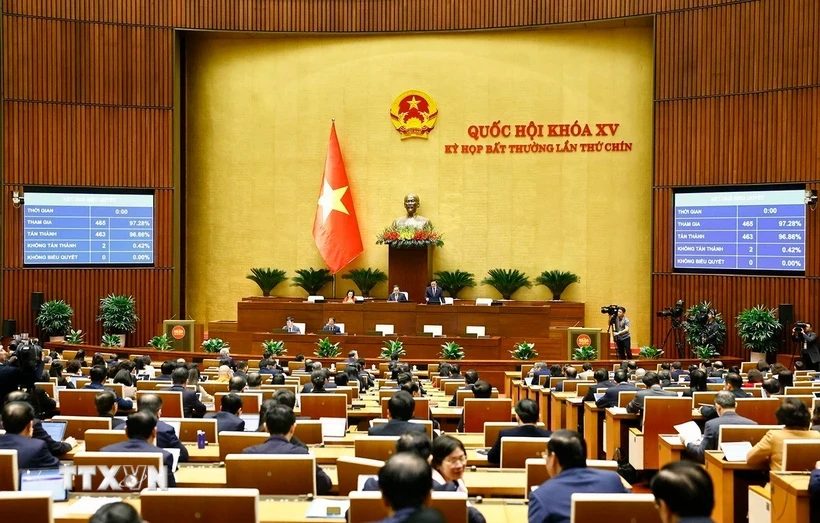
From March 1, 2025, two laws will come into effect: the Law on Government Organization and the Law on Local Government Organization.
Implement the principle of "clear people, clear work, clear responsibilities"
The Law on Organization of Local Government 2025 consists of 7 chapters and 50 articles.
The Law on Organization of Local Government 2025 is designed and built on the basis of three basic principles. That is, this Law is a general law, regulating the principles of delimitation of authority, decentralization, delegation of authority of local governments, serving as a basis for specialized laws when regulating the tasks and powers of local governments in specific fields to ensure conformity and consistency with the provisions of this Law.
The Law creates a legal corridor to handle practical issues, remove "institutional and policy bottlenecks" in order to immediately implement the Party's guiding viewpoints on promoting decentralization and delegation of power between the Central and local levels, between local government levels, promoting local initiative and creativity according to the motto "locality decides, locality acts, locality takes responsibility"; "whichever level solves the problem more effectively, assign tasks and authority to that level."
Innovating the thinking of law-making, the Law only regulates issues of principle, within the authority of the National Assembly to ensure long-term stability; at the same time, it anticipates issues that may change and fluctuate according to each period of the country's development to assign the Standing Committee of the National Assembly and the Government to regulate.
Notably, the Law stipulates 1 chapter on the division of authority, decentralization, delegation, and authorization between local authorities at all levels.
The Law stipulates 7 principles for the division of authority, including new contents such as: Clearly defining the content and scope of tasks and powers that local authorities are allowed to decide, organize implementation and take responsibility for the results; ensuring no duplication or overlap of tasks and powers between agencies and between local authorities at all levels; consistent with the capacity and conditions for performing tasks of local authorities at all levels; agencies, organizations and individuals assigned to perform tasks and powers of superior state agencies are guaranteed the necessary conditions to perform tasks and powers; ensuring control of power; responsibility for supervision and inspection of superior state agencies; meeting local governance requirements; applying science and technology, innovation and digital transformation...
To encourage the proactive and creative spirit of localities, the Law supplements the provision that "local authorities shall proactively propose to competent authorities on decentralization and delegation of authority to competent agencies, organizations and individuals in the locality to perform tasks and powers in accordance with the capacity and practical conditions of the locality."
Regarding the duties of the People's Council, the People's Committee implements the principle of "clear people, clear work, clear responsibilities" and avoids overlapping regulations and duplication of duties and powers between local government levels and between local government agencies. The Law specifically stipulates the duties and powers of the People's Council and the People's Committee in each administrative unit. In particular, the Law has divided the duties and powers between local government levels and between the People's Council and the People's Committee at the same level; the collective People's Committee and the individual Chairman of the People's Committee where the local government level is organized, in the direction of increasing the duties, powers and responsibilities of the individual Chairman of the People's Committee.
The Law stipulates tasks and powers in a general direction, focusing on the fields of budgetary finance, organizational structure, payroll, inspection and supervision activities... ensuring compliance with the principles of delimitation of authority and ensuring the long-term stability of the Law.
Clearly define tasks and powers
The Law on Government Organization consists of 5 chapters and 32 articles. For the first time, the Law on Government Organization has designed articles on the division of authority, decentralization, delegation of authority, and authorization. This is an important legal basis of principle to clearly define the tasks and powers of the Government, the Prime Minister, Ministers, Heads of ministerial-level agencies and the relationship between the Government and agencies exercising legislative power, agencies exercising judicial power; and the relationship between the Government and local authorities.
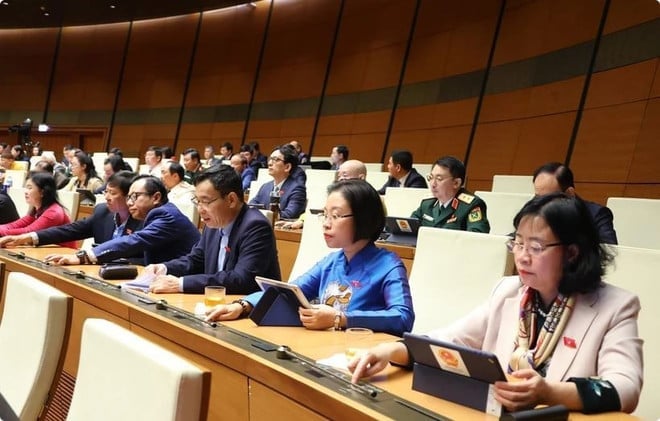
The principled provisions of this Law are an important legal basis for building and perfecting a synchronous and unified specialized legal system.
Regarding some new points, the Law has resolved the relationship between the Government and agencies in the State apparatus system, between agencies exercising executive power and agencies exercising legislative power, and agencies exercising judicial power.
By clearly defining this relationship, the Law clearly defines the role of the Government as the highest state administrative agency, the agency exercising executive power, ensuring that the Government is proactive and flexible in leading, operating and unifying the management of the state administration from the central to local levels.
The Law has clarified the duties, powers and authority of the Prime Minister as the head of the Government, leading and taking responsibility for the operations of the state administrative system from the central to local levels; highlighting the Prime Minister's duties in leading, directing and operating the operations of the state administrative system from the central to local levels.
The provisions of the Law also clarify the authority of Ministers and Heads of ministerial-level agencies as heads of ministries and as members of the Government. In particular, it emphasizes the responsibility of Ministers and Heads of ministerial-level agencies as members of the Government, responsible to the Government for State management of sectors and fields as assigned by the Government.
In this capacity, the Minister and Head of a ministerial-level agency are personally responsible to the Prime Minister, the Government and the National Assembly for the sectors and fields assigned to them for management; and explain and answer questions from National Assembly deputies.
Clearly defining the responsibilities of Ministers and Heads of ministerial-level agencies will create conditions to enhance the responsibilities of Ministers in the Government's Working Regulations, not pushing the responsibility of deciding specific issues in sectors and fields to the Prime Minister as is currently the case.
In addition, the Law has clarified the relationship between the Government, the Prime Minister, Ministers, Heads of ministerial-level agencies and local authorities through the principles of decentralization, decentralization, delegation, ensuring adherence to the motto: "locality decides, locality acts, locality takes responsibility", creating a mechanism to promptly resolve institutional difficulties and problems, unblocking resources, contributing to improving the effectiveness and efficiency of State management from the central to local levels./.
Source



![[Photo] Overcoming all difficulties, speeding up construction progress of Hoa Binh Hydropower Plant Expansion Project](https://vstatic.vietnam.vn/vietnam/resource/IMAGE/2025/4/12/bff04b551e98484c84d74c8faa3526e0)

![[Photo] Closing of the 11th Conference of the 13th Central Committee of the Communist Party of Vietnam](https://vstatic.vietnam.vn/vietnam/resource/IMAGE/2025/4/12/114b57fe6e9b4814a5ddfacf6dfe5b7f)


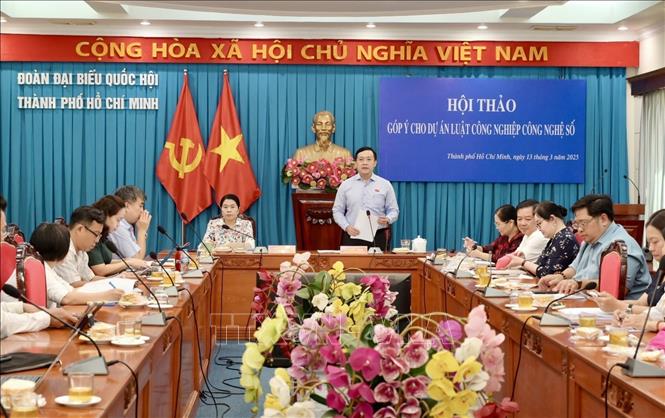









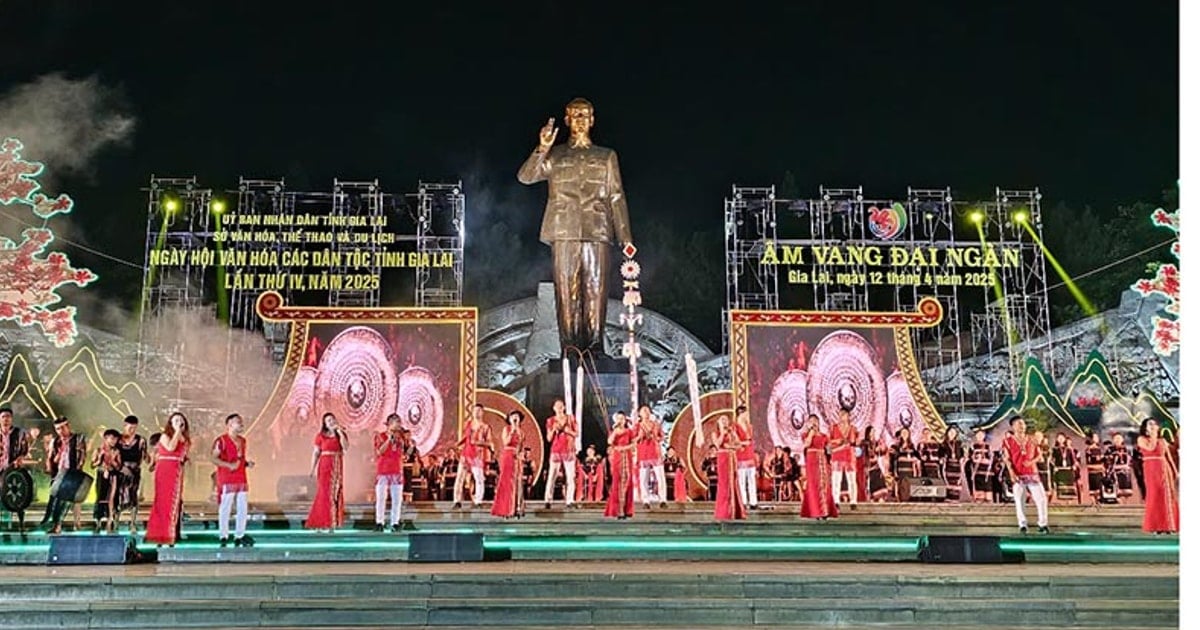
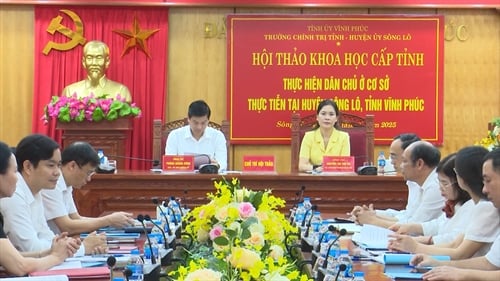
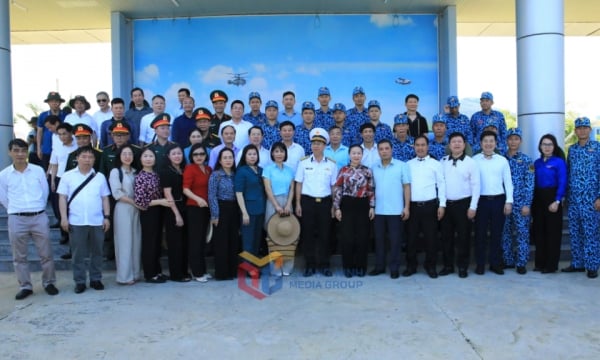






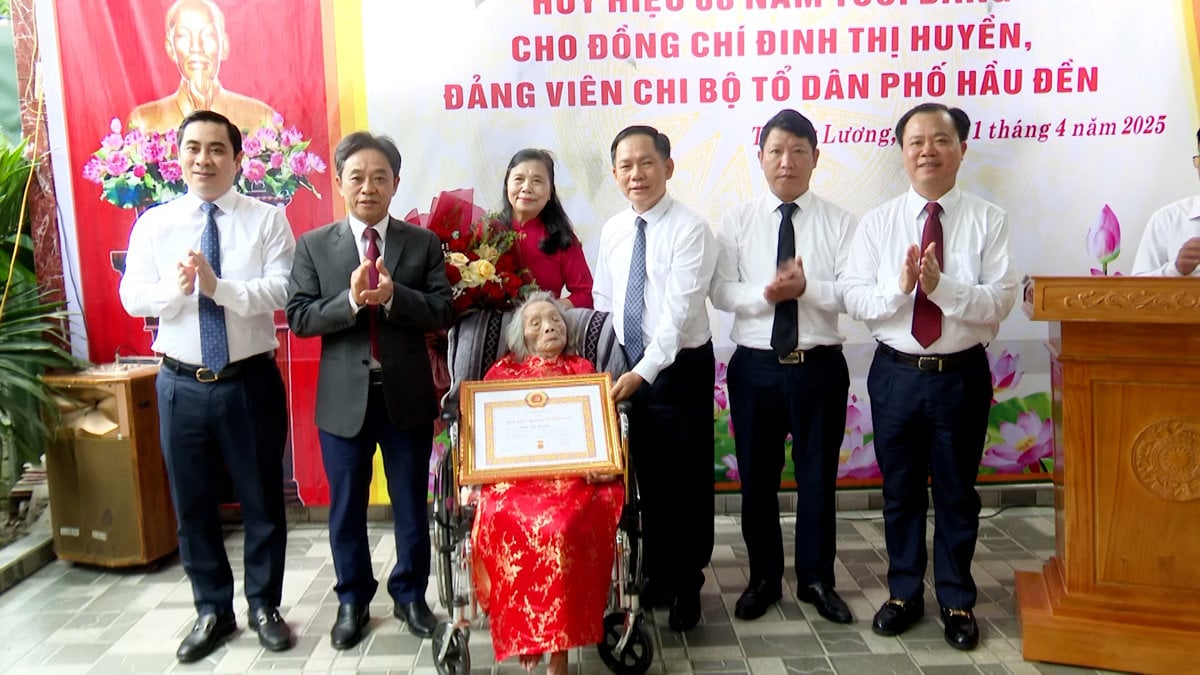
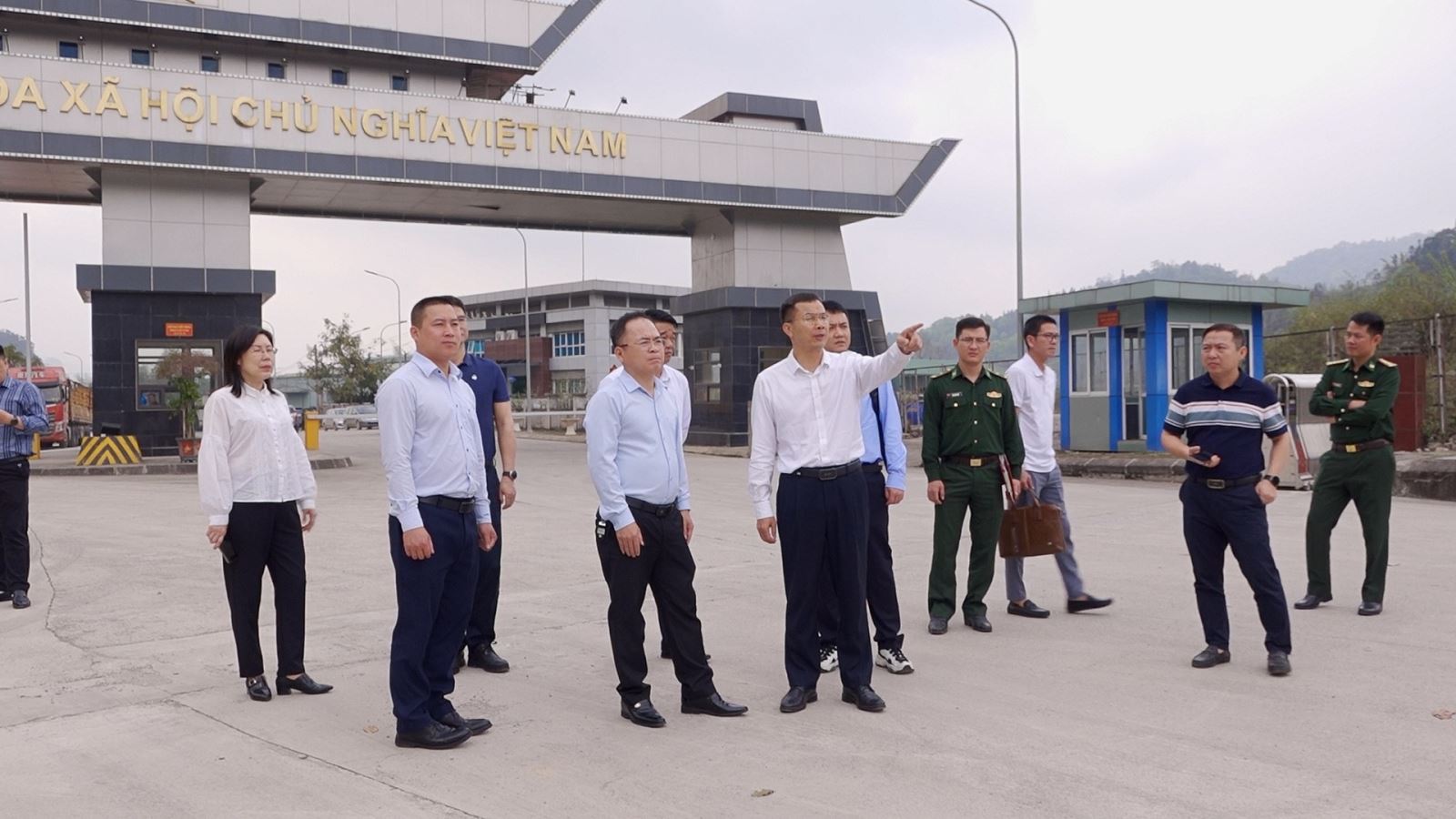
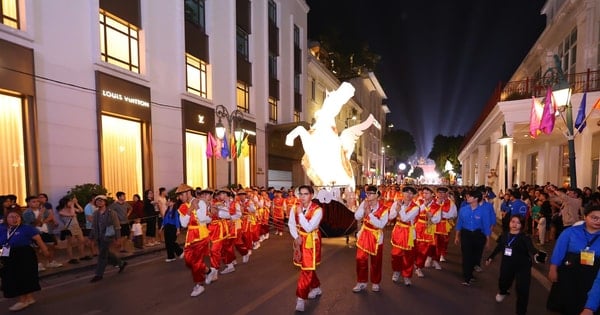


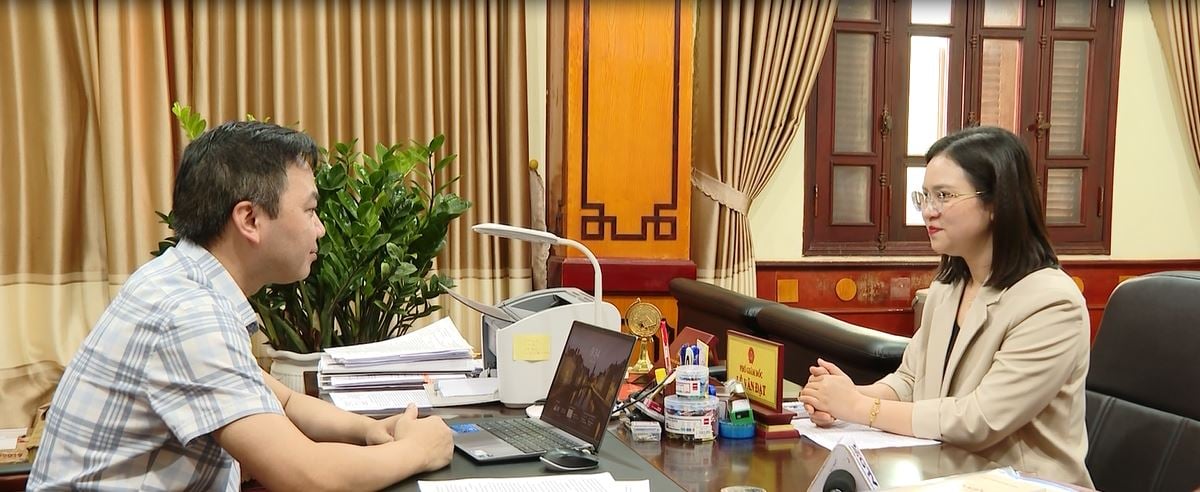



























































Comment (0)